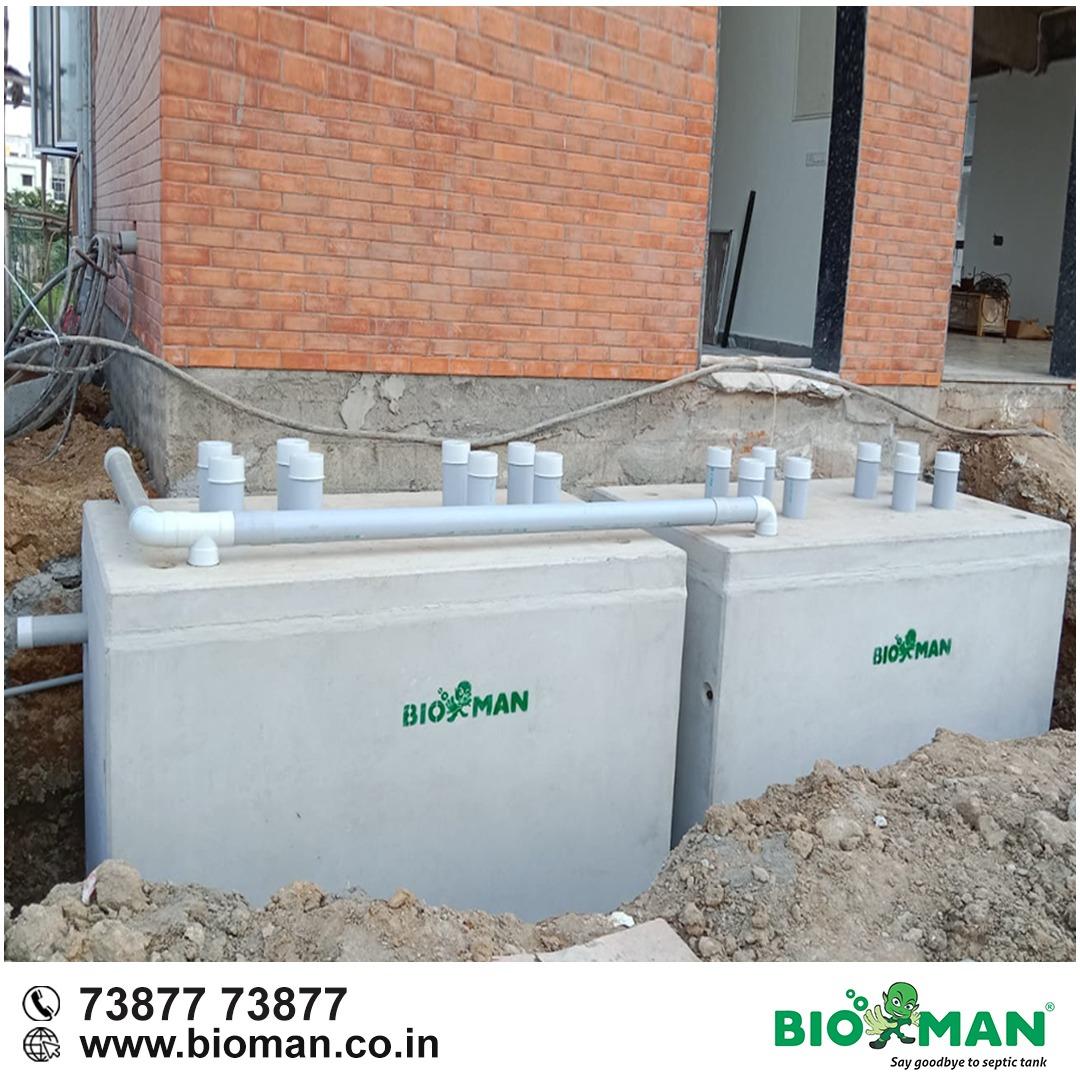In an era where sustainability and environmental consciousness are at the forefront of societal concerns, innovations in waste management are crucial. One such innovation making waves is bio tank septic technology. Let’s explore how this technology is revolutionizing waste management:
Introduction to Bio Tank Septic Technology:
- Bio tank septic systems utilize natural biological processes to treat wastewater, offering an eco-friendlier alternative to traditional septic systems.
- These systems incorporate a combination of beneficial bacteria, enzymes, and aerobic processes to break down organic matter and purify wastewater before it is discharged into the environment.
Enhanced Treatment Efficiency:
- Unlike conventional bio septic tanks that rely solely on anaerobic digestion, bio tank systems harness the power of aerobic bacteria to accelerate the decomposition of organic waste.
- This aerobic digestion process leads to more efficient breakdown of solids, resulting in cleaner effluent and reduced odor, thereby minimizing the environmental impact of sewage discharge.
Reduction of Harmful Chemicals:
- Bio tank septic technology reduces the reliance on harsh chemical additives often used in conventional septic systems for odor control and waste digestion.
- By promoting natural biological processes, these systems minimize the introduction of harmful chemicals into the ecosystem, contributing to overall environmental health and safety.
Versatility in Application:
- Bio tank septic technology is highly adaptable and suitable for various environments, including residential, commercial, and industrial settings.
- Whether it’s a single-family home, a large-scale development, or a remote rural community, tank systems can be tailored to meet specific wastewater treatment needs.
Sustainability and Resource Conservation:
- One of the key advantages of biodigester septic tank technology is its contribution to sustainability by conserving water and preserving natural resources.
- These systems promote water reuse and recycling through advanced treatment processes, minimizing the demand for freshwater resources and reducing the environmental footprint of wastewater disposal.
Mitigation of Pollution Risks:
- Bio tank septic systems play a critical role in mitigating the risks of groundwater and surface water contamination associated with conventional septic systems.
- By effectively treating wastewater onsite, these systems prevent the release of harmful pathogens, nutrients, and pollutants into surrounding soil and water bodies, safeguarding public health and ecosystem integrity.
Integration with Smart Technologies:
- The latest advancements in septic tank technology include integration with smart monitoring and control systems, allowing for real-time monitoring of system performance and remote diagnostics.
- Smart technologies enable proactive maintenance and troubleshooting, optimizing system efficiency and prolonging the lifespan of bio tank septic systems.
Regulatory Compliance and Certification:
- Bio tank septic technology meets stringent regulatory standards for wastewater treatment and disposal, ensuring compliance with local, state, and federal regulations.
- Many tank systems undergo rigorous testing and certification processes to validate their performance and reliability, providing peace of mind to users and regulators alike.
In conclusion,
bio tank septic technology represents a paradigm shift in waste management, offering a sustainable, efficient, and environmentally friendly alternative to traditional septic systems. By harnessing the power of natural biological processes, these systems address the challenges of wastewater treatment while minimizing the impact on the environment. As awareness of environmental issues continues to grow, tank septic technology is poised to play a pivotal role in shaping the future of waste management practices worldwide.


